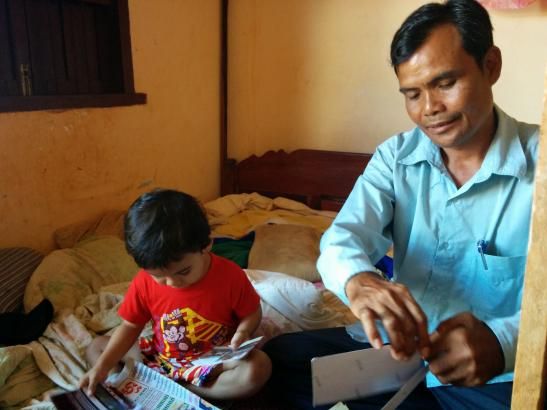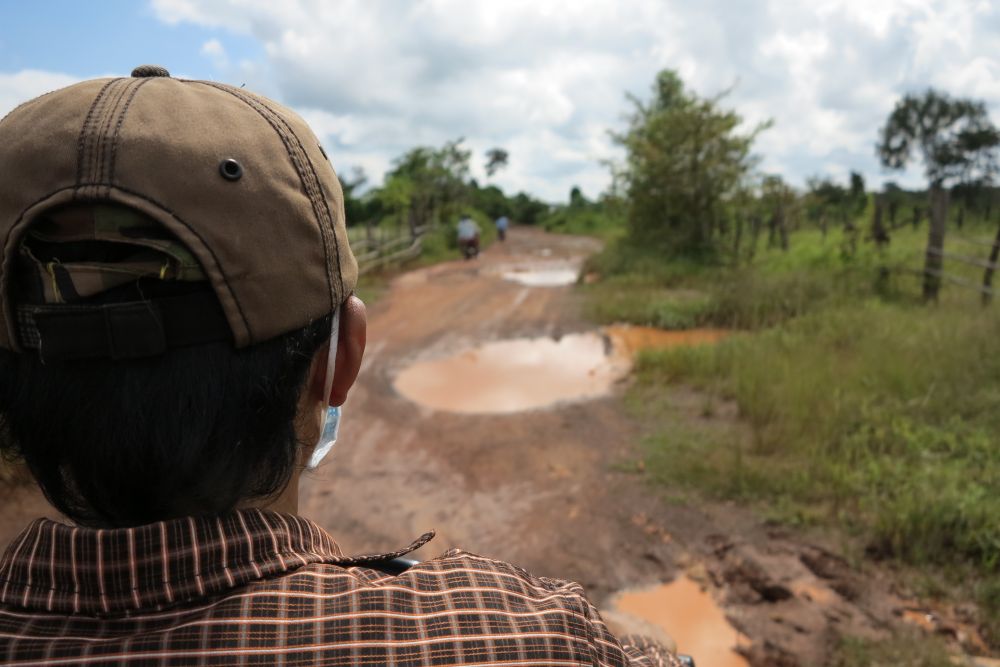
Pulitzer Center Grantee Saul Elbein's recent article for VICE News, "Cambodian Journalists Are Dying Trying to Save the Country's Forests," was highlighted by James Warren, Poynter.org's chief media editor, in his daily Warren Report, which highlights noteworthy developments in media.
Writes Warren: "[Elbin is] a freelance reporter who went to the Washington-based Pulitzer Center, which funds overseas journalism and partners with media outlets big and small, including the A-list The New Yorker, The New York Times and The Washington Post. They all need help in covering the world during these budget-strapped days for media."
Warren described Elbein's piece, about freelance journalists' dangerous work covering illegal logging in Cambodia, as "exactly the sort of gritty saga that's legitimized VICE."
Elbein's article, part of a larger Pulitzer Center-funded project about the dangers of environmental journalism, focused on Taing Try, a freelance journalist murdered in October 2014. The work of Taing and his colleagues, Elbein explained, exemplified the larger picture of environmental journalism in Cambodia, whose hardwood forests have been devastated by illegal loggers who sell the wood to Vietnam and Cambodia.
The aspect of these journalists' work that jumped out at Warren was their "ethically ambiguous" relationship with loggers and officials. Poorly educated and underpaid, Taing and his fellow environmental journalists often accepted bribes in exchange for not reporting on loggers' activities. In some cases, Elbein found, this type of extortion could successfully deter logging. But in others, when a journalist refused to take payment, loggers simply silenced them through violence. Taing was one of the journalists to meet this fate.
With circumstances like these shaping environmental journalists' work, Warren explained that "Since 2005, 40 journalists around the world have died while reporting environmental stories. That's more than all the journalists killed covering the U.S. war in Afghanistan." This grim statistic indicates the threat that media attention poses to illegal loggers, miners, and fishers throughout the developing world.
The September 15, 2016 Warren Report was published on both Poynter.org and the Vanity Fair website



